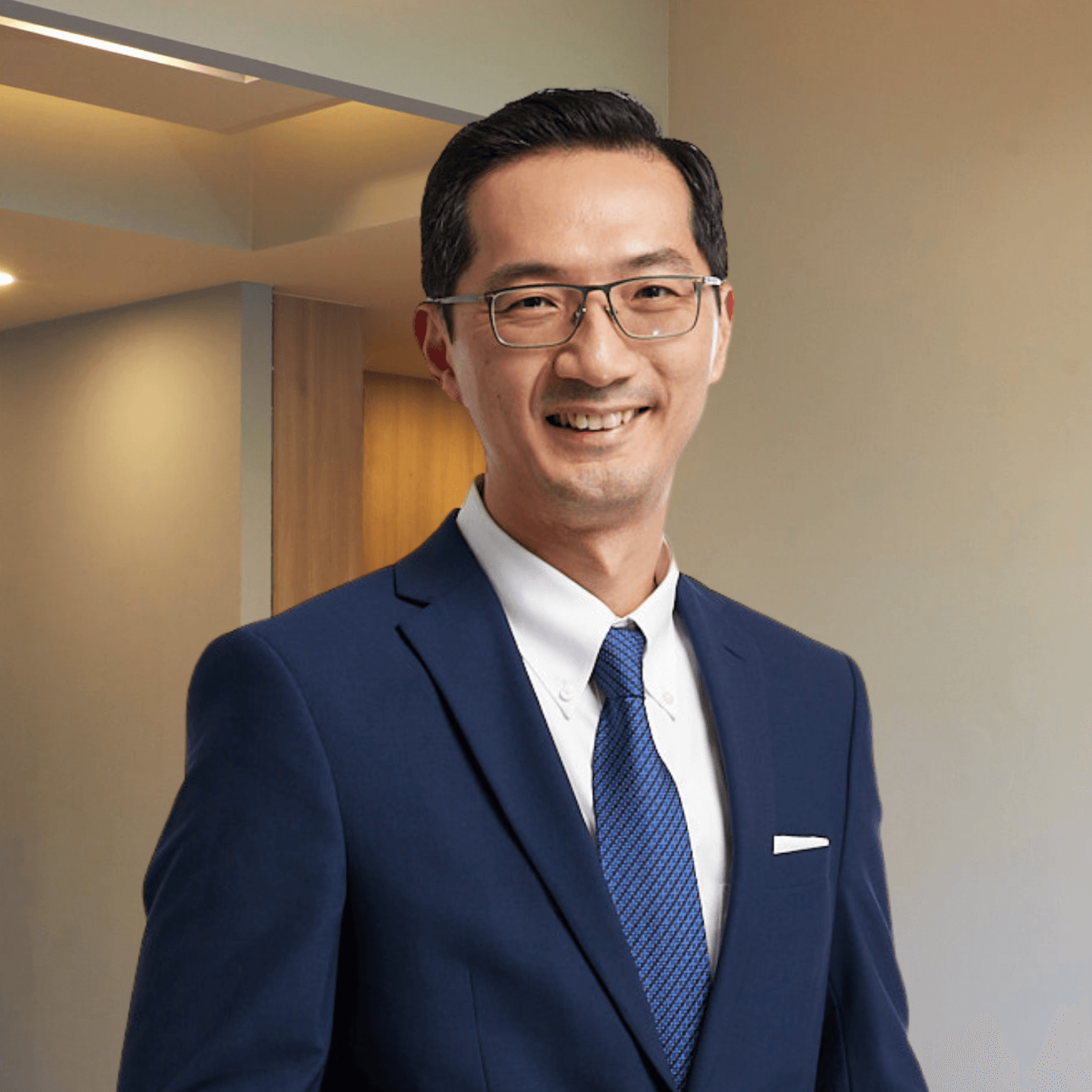Procedure
During a laparoscopic appendicectomy, a surgeon makes a few small incisions in the patient’s abdomen. A laparoscope is inserted through one of these incisions, providing a clear internal view on a monitor. Other specialised instruments are inserted to remove the inflamed appendix.


